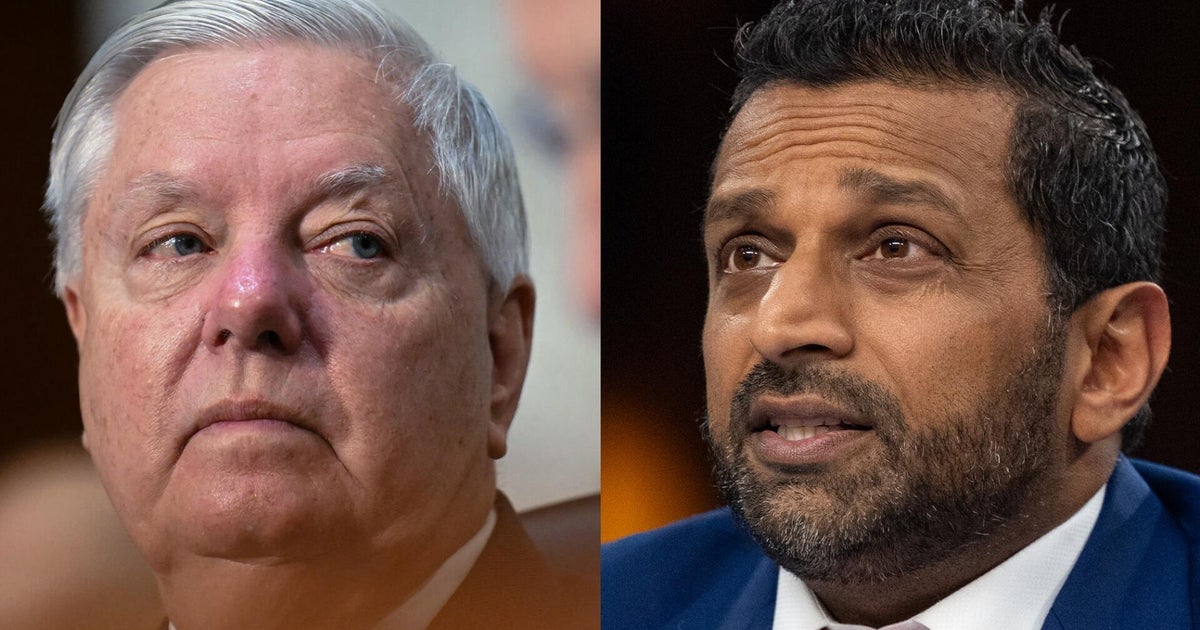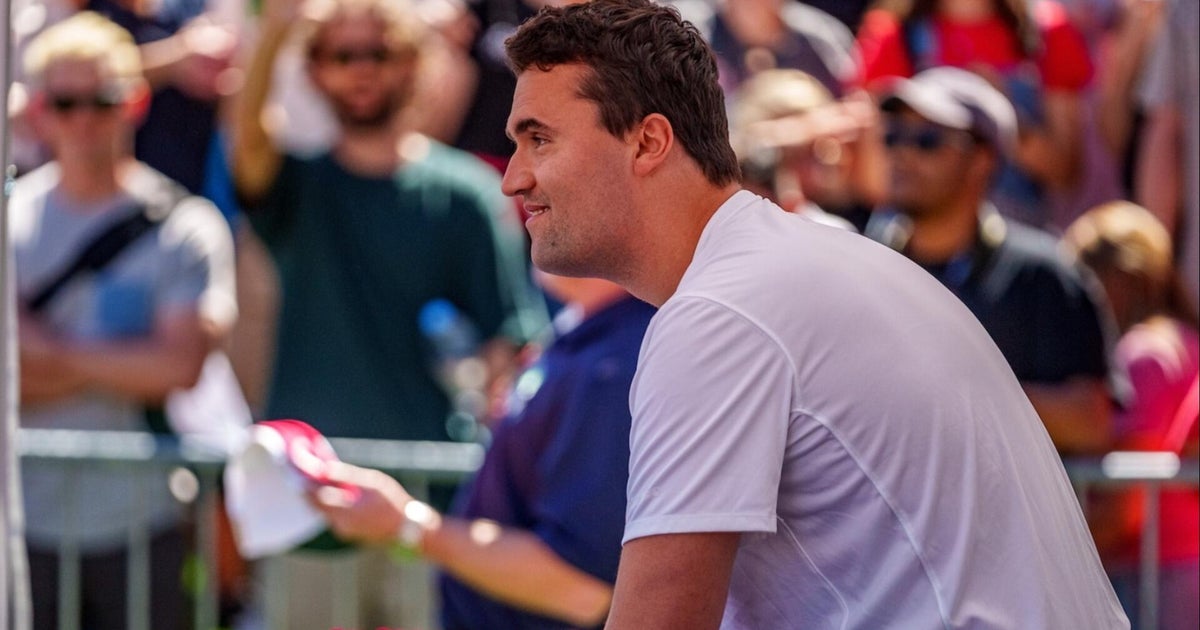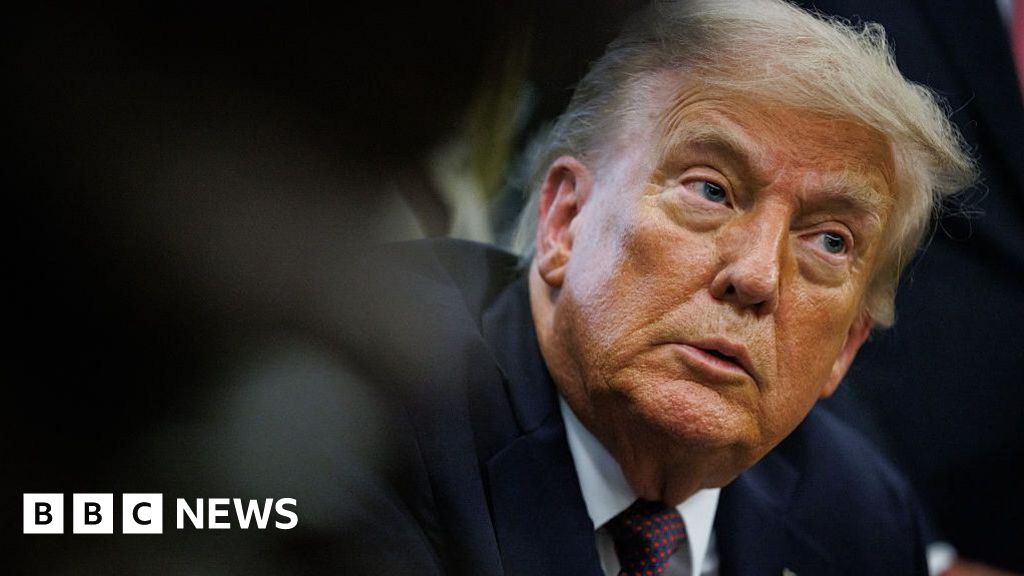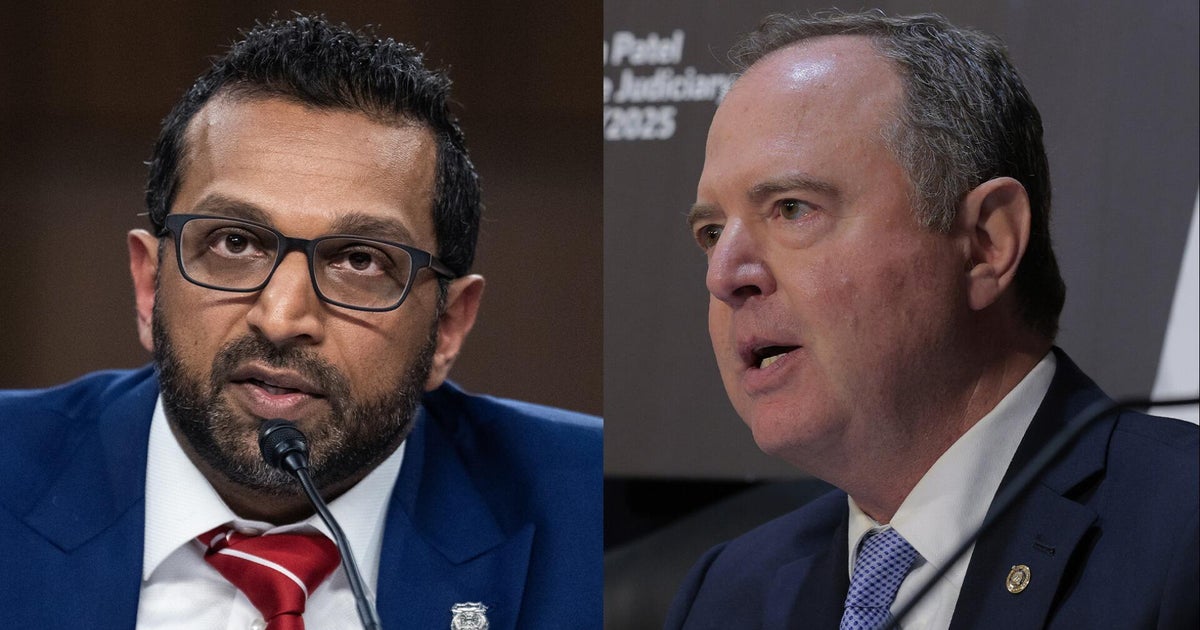Saint Etienne, the greatest ever band in pop – you could argue with me, but you’d lose – are finished. C’est fini, as Timothee Chalamet (fan of the band’s Ligue 2 namesake) might say. Earlier this year, the British trio – Bob Stanley, Pete Wiggs, Sarah Cracknell – announced their new album, International, would be its last.
“We just wanted to finish on a high,” says Cracknell. “I think it’s good to be in control of your demise. It’s like writing your own obituary.”
In an Instagram post, Stanley said the band – longtime natives of Croydon in south London – had made a pact in 1990, after Crystal Palace narrowly lost the FA Cup to Manchester United, that they’d keep making music until Crystal Palace won the Cup. In 2025, they’ve kept their word.
But why such a definitive ending? Wouldn’t a quiet hiatus do? “We don’t do things by halves, we went for the full drama,” Cracknell laughs. “We’re not the kind of people that would ever renege on that, either. You’re not going to suddenly see us again in five years’ time.”
They might put out the odd fan club release, and they’re eyeing a career-spanning world tour next year. “But that’ll be it, and then I don’t know what I’m gonna do,” says Cracknell. “It’s a bit worrying, but I’m trying not to dwell on it.”
She’s speaking from her home in Oxfordshire, in her youngest son’s old bedroom, the walls plastered in hand-scrawled posters – “Listen to more jungle,” says one – and a Malaga FC scarf. Now 58, Cracknell’s an empty nester, as she sang on Preflyte from The Night, the band’s eye-opening ambient pivot after 2021’s acclaimed I’ve Been Trying to Tell You.
It’s an interesting decision for Saint Etienne to call it a day at a time when the sound they were born in and helped forge – that nexus between rave culture and boundary-blurring pop – has returned to cultural dominance through the likes of Charli XCX and PinkPantheress. Close your eyes and you might sense the same spirit in the air as Cracknell did in 1993 when she sang of everyone “dreaming of all they’ve got to live for” on Mario’s Cafe, the opening track of So Tough, the band’s early masterpiece.
“It was a very exciting time because of clubbing and the rise of house music,” Cracknell recalls. “There was so much new stuff, so many new sounds. When jungle and drum and bass happened, I just thought this is otherworldly music, these are sounds I’ve never heard before, and I loved it. And I love the fact there’s been a resurgence in drum and bass with people like PinkPantheress, who I really love. A lot of people disagree with me, but I think it’s a very exciting time in pop music. There’s so many great artists, especially female artists.”

Saint Etienne, pictured in their Britpop days.
For Cracknell, that played a part in the decision to wrap up Saint Etienne. “There are lots of young artists and bands that need to be given space, and I think there’s a lot of bands that have been going for a long time and they should just shut up now, quite frankly,” she laughs. “I won’t name names. I would never do that. But it’s just, you know, shut up and go away! Let some money be spent on new bands and new artists, and give up the airways for them. Not that we’re hogging up the airways, but some people who’ve been around as long as us are.”
We don’t have to name names, but a certain band’s reunion tour has been sucking up international attention all year. “Yeah, and it’s just for money,” says Cracknell. “Not a lot of dignity going on at the moment.”
Ironically, that band – it’s Oasis, if you haven’t picked that up – got their start opening for Saint Etienne on tour back in the day. Does Cracknell recall their shenanigans? “Yeah, it’s hard not to recall the bands that have supported us, because they’ve all gone on to do much better than us,” she laughs. “Pulp was another one. We had such a laugh on tour with them, and then they went stratospheric. We tend to get left behind a little bit.”
Cracknell remembers they copped an early demo from Creation Records’ Alan McGee, featuring Live Forever. “We just went, oh my god, what a brilliant song. And then we saw them and we thought, oh they look cool, too. So they came and opened for us and they were very loud, and our audience is generally a bit more quiet, and here’s this insanely lad-ish but brilliant guitar rock band playing. You could tell that something good was gonna happen for them, they had such swagger.”
Saint Etienne, meanwhile, remained cult favourites, perhaps undercut by the fact they embraced pop at a time when it was still a dirty word in indie circles. “I’m sure that was part of it,” says Cracknell. “Timing has never been our thing. It’s like you said, the kind of music we do is very in now and, of course, we’re bailing out. It’s very typical of us.”
In the mid-’90s, when the UK music press tried to roll Saint Etienne into the Britpop phenomenon, the band disappeared for a couple of years. “We didn’t really fit in with it, to be honest,” says Cracknell. “We took a hiatus when it became a very sort of lad-ish, flag-waving kind of thing.”
The band’s sound – an open-minded mix of handbag house, dub, hiphop, Balearic dance, Northern soul, Burt Bacharach, ’60s folk, French ye-ye, Eurovision, and samples from British kitchen sink cinema and football commentary into a cosmopolitan club melange – was always more esoteric than Britpop was willing to handle.
“We’ve always felt, as a band, very international and at least European. But, of course, that all got ruined for us,” says Cracknell of England’s post-Brexit malaise. “The three of us were always very much against borders and barriers and not being able to go and share all these things we loved.”
That philosophy carries through pointedly to International. The album features cameos from Nick Heyward of Haircut 100, their Aussie Heavenly labelmates Confidence Man, a couple of future classics in Two Lovers and He’s Gone, and a closing song – The Last Time, recorded with Tim Powell of Xenomania – that acts as the literal and emotional full stop on Saint Etienne.
“It was making me cry when I was singing it, I had to keep doing it over,” says Cracknell. “I wasn’t sobbing but I was welling up and my voice was trembling a bit, you can hear it.”
The album’s press cycle has been heavy on reflection, and Cracknell has been thinking about Saint Etienne’s legacy. “There’s nothing I’m not proud of, and that’s the way I wanted it to be,” she says. “Because we’re not a drums, guitar, bass, one songwriter type of outfit, we’ve been able to explore all different genres of music and do anything we like, really. I think we’ve made a lot of albums that are all quite distinct. I’m very proud of that.”
What are her personal highlights from a career full of them? The youthful optimism of Spring and Nothing Can Stop Us? The propulsive charge of Like a Motorway or the mystical majesty of Marble Lions, both from their opus Tiger Bay? The five minutes of melancholic euphoria that is He’s on the Phone? I could go on and on.
“They change all the time, but I’m sort of rediscovering Sound of Water,” says Cracknell of the 2000 album, which they recorded in Berlin with To Rococo Rot. “I think two of my favourite albums are Good Humor (1998) and Sound of Water. We were living together – me, Bob and Pete – and in a different city and it was all so exciting; it was like being The Monkees or something. It comes out in those records, like on the song Downey, CA. I listen now and I think, that’s very good.”
After 35 years together, Saint Etienne have stories. There’s the time they wrote for Kylie during her Impossible Princess era, the songs never released. “She was lovely and she did end up doing a version of Nothing Can Stop Us that ended up a B-side,” says Cracknell. “I remember – she might not like me saying this, but it’s the truth – she was recording it in the studio and she got in touch with me saying, ‘I don’t think I can do the spoken word very well, I think you should do it.’ And I said, ‘No, I shouldn’t, I’ve already done it and it’s your record!’ But I did end up going into the studio and coaching her through it like, ‘Come on, you can do this!’.”
‘There’s a lot of bands that have been going for a long time and they should just shut up now, quite frankly.’
You can understand Kylie’s unease, Cracknell being the queen of the sophisticated spoken word. “I love spoken word,” she says. “Sometimes I think it’s quite intimate, especially when you don’t expect it. Like when it’s in the middle of a dance song and then suddenly there’s someone talking to you quite seriously. I like doing it completely po-faced, nonchalant, no emotion.”
There was also the time they recorded with Parker Posey, while working on the soundtrack for her 1998 indie, The Misadventures of Margaret. “I remember her sitting cross-legged in a corner, doing a bit of meditating before singing. I’d not seen that before in the studio,” laughs Cracknell. “I don’t think she’d ever sung in a studio before for a record. But she was brilliant, lovely. Really warm, physical. I love people like that. Slightly nuts. The perfect amount of nuts.”
The band’s noir-ish song Woodcabin, from Good Humor, even soundtracked a whack in The Sopranos. It’s surely the oddest place a Saint Etienne song has ended up? “It’s pretty odd. But the song works so well in that scenario, because it is very sinister sounding. We also had our song A Good Thing in Volver, the Almodovar movie. But it’s in a kind of party situation, not sinister.”
There were also bizarre brushes with the big time. Would you believe that Cher’s Believe was originally to be recorded by Saint Etienne, but they passed? “Bob is pretty adamant that anecdote’s true. We had been working very closely with Brian Higgins of Xenomania (Believe’s writer), so it’s very possible. But it’s like the Groovejet thing,” says Cracknell. According to lore, she was first choice to do the vocals on Spiller’s smash Groovejet (If This Ain’t Love). “My manager, who’s actually my husband, says that was a real thing. But again, I wasn’t actually asked at the time, so I don’t know. I’ve met Sophie Ellis-Bextor a couple of times since, but we don’t bring it up.”
Loading
Does she ever wonder if one of those sliding doors moments had hit? “Probably the reason we’ve been able to go for decades is because we never had that huge moment, where then you have to try and recreate it because people around you start going, ‘well, this single only went to number seven and…’. The fact we’ve always only made a record when we wanted, and only made the kind of record we wanted, that’s worth a lot. Perhaps I’d quite like the money for my retirement. But apart from that, it’s been more enjoyable this way.”
Saint Etienne’s final album International is out now.


















































